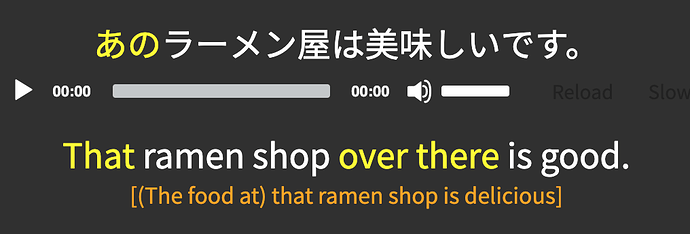I’ve heard "kono mise no aji ga daisuki desu" which sounds unnatural in English in a similar way. “I love the flavour of that shop”.
As others said, just be careful about relying on natural English translations to understand Japanese because natural English translations will often confuse you more than help you as to what the Japanese is truly saying.
A common example is the sentence "Watashi ha koohi ga suki da".
It’s usually translated to “I like coffee” because that’s what sounds natural in English, but that’s not actually what the Japanese really means.
In the English sentence “I” is the subject and it is doing the verb “like” to “coffee” which is the object but, in the Japanese sentence “I” is the topic, “koohi” is the subject and “suki” is an adjective, so it would more literally be translated like “As for me, coffee is desire inducing” or “In relation to me, coffee is pleasing”. It doesn’t sound very natural in English, but that’s what it’s actually saying and if you don’t realise that it can confuse you with regard to how the grammar really works.

